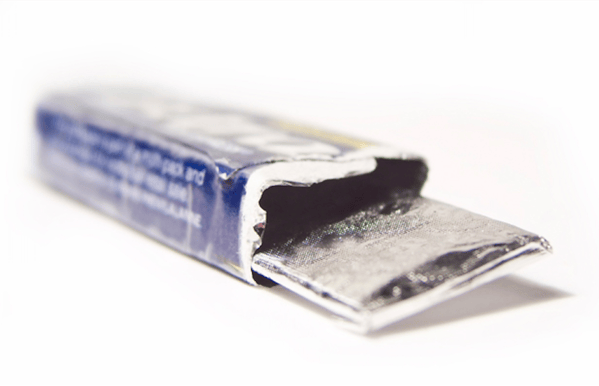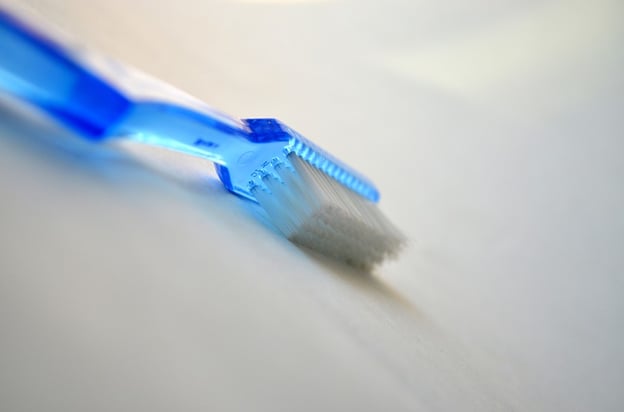 Just talking about bad breath can make anyone feel a little self-conscious. If you’ve ever needed to reach for a breath mint or piece of gum, or felt the need to offer it to someone else because of their breath, you’re not alone. While it might be an embarrassing topic to address, the issues that negatively affect breath are not uncommon at all.
Just talking about bad breath can make anyone feel a little self-conscious. If you’ve ever needed to reach for a breath mint or piece of gum, or felt the need to offer it to someone else because of their breath, you’re not alone. While it might be an embarrassing topic to address, the issues that negatively affect breath are not uncommon at all.
Many thousands of Americans suffer from halitosis, chronic bad breath, which explains why major mint and mouthwash manufacturers bring in millions of dollars each year.
"Most causes of bad breath relate to oral hygiene & health problems inside the mouth."
What causes bad breath?
Halitosis can stem from several different causes, some of which can be serious. In extreme conditions, some liver and kidney disorders can cause bad breath. Respiratory infections, sinusitis, and gastrointestinal conditions can also cause it.
However, the most common cause of bad breath relates to oral hygiene and health problems inside the mouth.
Every time you eat, tiny particles of food remain on and around your teeth, at the gum line, and even on your tongue. These tiny particles can begin to decay or breed bacteria, both of which can generate foul odors.
Your saliva is the body’s natural defense against this problem as it serves to continually cleanse the mouth and neutralize many chemical reactions, which can help control bad breath. Overnight, though, saliva production slows down significantly, and the natural result is what is commonly known as “morning breath”.
If you constantly reach for gum, it might be time to look into your oral health.
What can you do about it?
While other internal conditions require the help of a doctor, your oral health is largely in your control, with guidance and help from your dentist. Here are some basic tips that can help reduce or even eliminate halitosis:
- Brush and floss regularly - By keeping up with a consistent brushing and flossing schedule, especially first thing in the morning, after meals, and before you sleep, you remove the food particles that generate bad breath before they have a chance to do so. Don’t forget to brush your tongue, the insides of your cheeks, and the roof of your mouth also.
- Chew sugar-free gum - Although this is no substitute for proper brushing and flossing, chewing gum can help alleviate bad breath. This is not necessarily because of the gum’s scent but because it increases saliva flow, cleansing your mouth.
- Visit your dentist regularly - Even with the best oral hygiene, it’s possible for plaque to form on your teeth or for bits of food to become strongly entrenched in the gum line or between teeth, requiring a professional cleaning to resolve it. Your dentist can also monitor and diagnose any signs of chronic gum disease, which can also cause halitosis.
Can bad breath be cured?
 With thorough brushing and flossing, some bad breath issues can be improved.
With thorough brushing and flossing, some bad breath issues can be improved.
Because consuming food is necessary, no amount of self-discipline and oral hygiene will eliminate the possibility of occasional, temporary bad breath. However, maintaining good oral care habits should make it a much rarer occurrence.
The best part? Getting control over bad breath is as simple and inexpensive as a toothbrush, toothpaste, a roll of floss, and a visit to the dentist every six months. With the help of a discount dental card, you can save up to 50% off routine dental care to help address and treat common dental issues that affect your breath.
